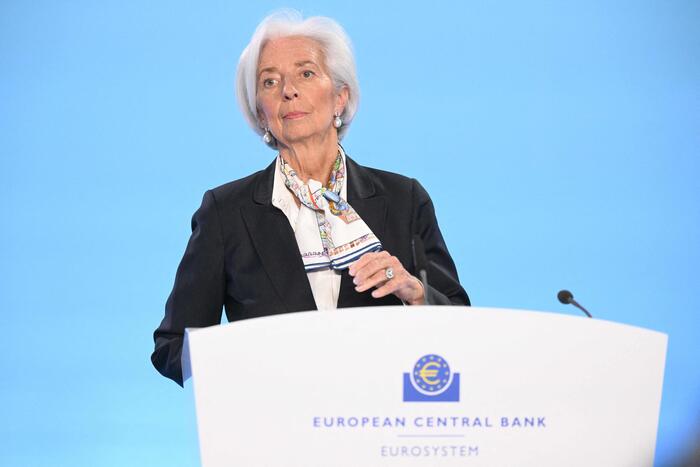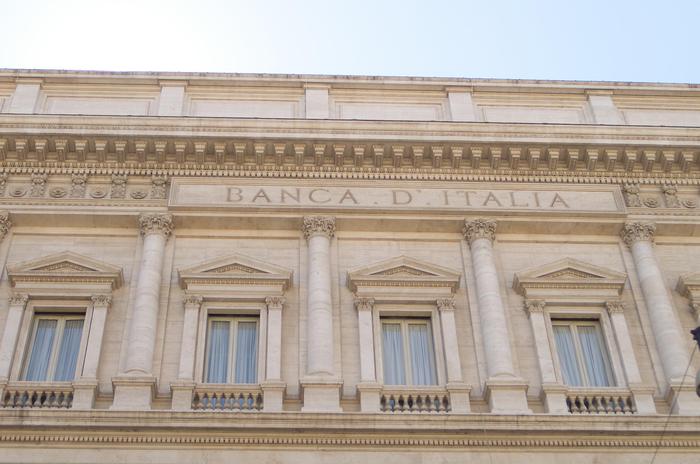The ECB is aiming for an annual rate of inflation of two percent for the euro area.
What is special: Europe's monetary authorities also want to accept inflation rates that are “moderately above the target value” in the future.
Frankfurt / Main - Europe's monetary authorities are gaining more leeway when it comes to inflation.
The European Central Bank (ECB) is aiming for an annual inflation rate of two percent for the euro area, as the central bank announced on Thursday.
That is a little higher than the previously estimated “under, but close to two percent”.
At the same time, however, the ECB, in its efforts to ensure price stability in the currency area of the 19 countries in the medium term, will in future accept inflation rates "moderately above the target value" at least temporarily.
With such a “symmetrical” inflation target, the central bank is no longer forced to react immediately if inflation rates temporarily deviate upwards or downwards from the percentage target.
The euro currency authorities also recommend that in future the prices for owner-occupied residential real estate should also be included in the calculation of the inflation rate, which they consider to be a key indicator for their monetary policy.
However, the ECB sees this as a longer process.
The changed inflation target is a core result of the review of the monetary policy strategy initiated by the ECB President Christine Lagarde, who has been in office since November 1, 2019.
Over the past 18 months, the focus has been on the formulation of price stability, the monetary policy instruments and communication of the central bank.
The main goal of the central bank is a balanced price level - in the jargon of the monetary authorities: price stability.
The ECB sees this most likely if prices in the euro area rise moderately.
For this reason, when the ECB was founded in June 1998, an inflation target at a distance from zero was chosen.
However, the rate of inflation in the euro area has often been well below the two percent mark since 2013. And this despite the fact that the ECB has been pumping huge sums of cheap money into the markets for years and keeping interest rates at a record low. Critics have long accused the ECB of having maneuvered itself into a dead end with its rigid inflation target and are calling for more leeway. dpa


/cloudfront-eu-central-1.images.arcpublishing.com/prisa/C3LDLHDAXBBCFCHWBPELHN64FU.jpg)











